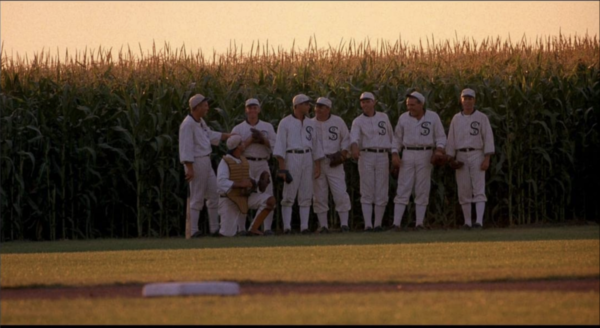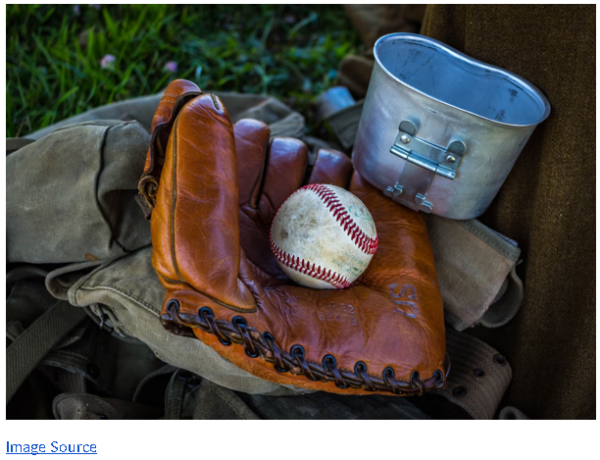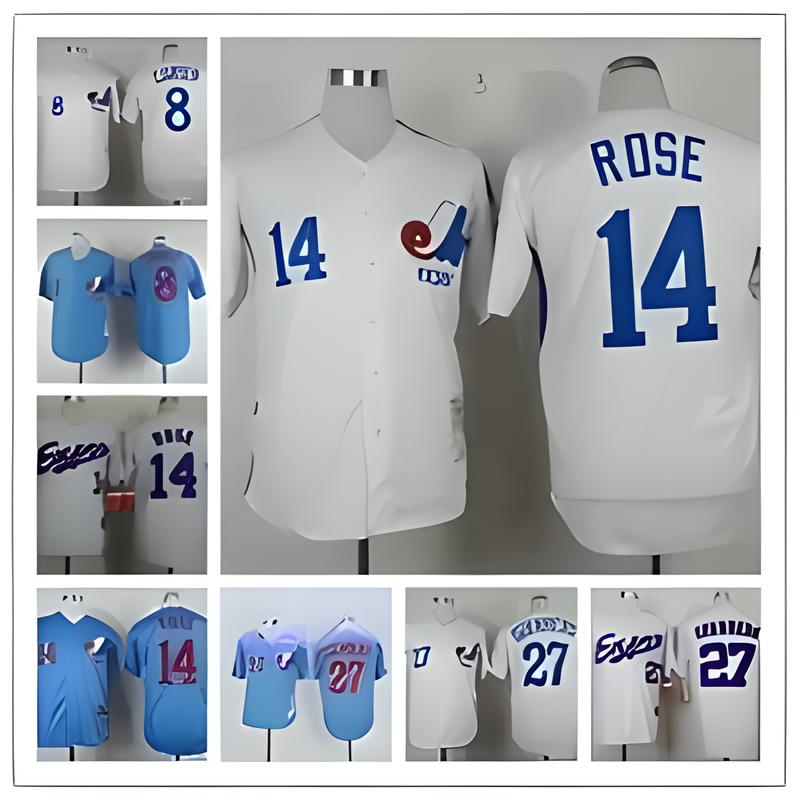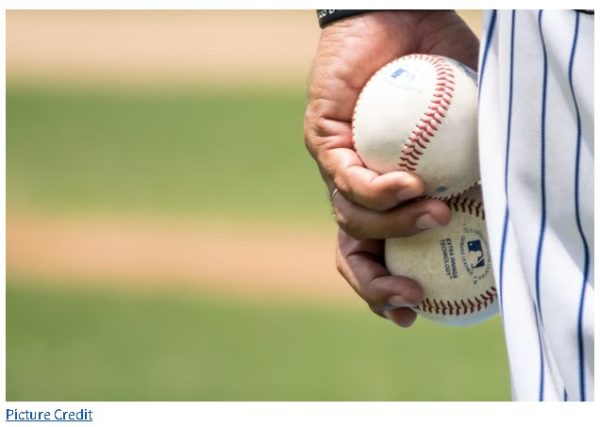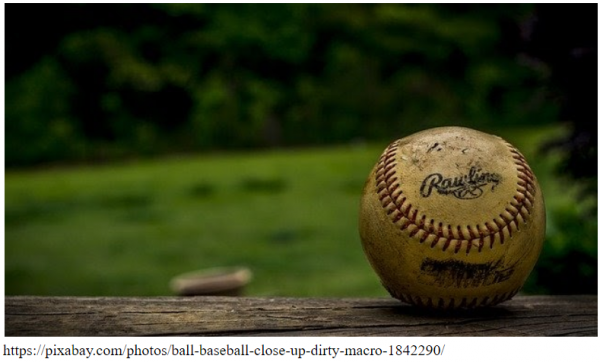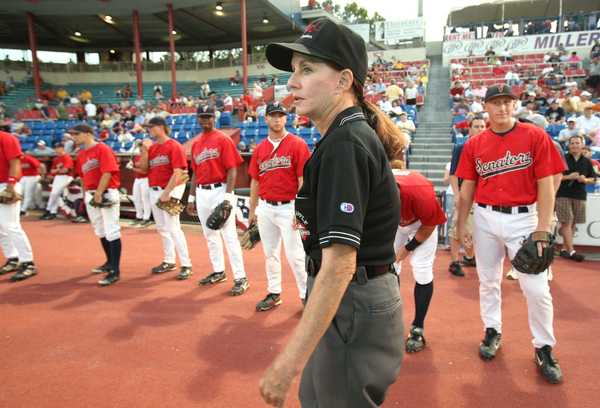
After reading the recent article on SB Nation by Wendy Thurm entitled, “Will Expanded Replay Lead to More Women Umpires?” I just had to ask my friend, professional umpire Ms. Perry Lee Barber what her take on this article was and this was her “classic” response to it!
First, the title. Hilarious! “Will Expanded Replay Lead to More Women Umpires?” More? How about ANY? Other than this minor quibble with the title – which implies that there are women umps already in pro ball, which as we both know is currently (and has been for the last four years, going on five) not the case. I found the article to be excellently researched and presented, particularly by someone who isn’t an umpire herself and hasn’t experienced firsthand the double whammy we women encounter of having to earn respect from both our peers/partners as well as from spectators and athletic administrators used to viewing umpires in general as enemy aliens rather than allies. I find Ms. Thurm’s insights into Tim McClelland‘s take on the possibilities of women becoming successful pro umpires quite amazing, since she interprets them as being negative when most people who read them will think they’re a positive endorsement of women as umpires. They’re not, and Ms. Thurm nails it, and this is why.
I’ve met Tim on quite a few occasions, although I won’t say I “know” him, at least not well; he was on a crew with one of my Wendelstedt instructors, John Hirschbeck, for awhile many years ago, so that’s how I met him and socialized with him a few times on a limited basis. He seems to be a nice fellow, very gracious, intelligent, almost old-school “gentlemanly,” if you get my drift, someone with whom anyone would enjoy having a beer and a conversation. But what’s interesting about his reply to Beth, the woman who wants to become a pro umpire but is concerned she will “encounter opposition to [her] entry” is the entrenched sexism implicit in his words, a sexism he is apparently unaware of in himself, at least as I infer from his cheery “go to school, try your best, and get put in the minor leagues” exhortations (As if it were ever that simple, even for the guys). His very next comment speaks volumes more than the previous one: “…It’s a long road to haul — I wouldn’t wish it on a female because not only do they have the complaints and problems you go through as an umpire, but then they have to deal with working in a male-dominated sport.”
Wow. That one made my head spin (and I’m not even getting into the incorrect idiom he uses: it’s a long row to hoe, not haul, although I concede that perhaps it’s a typo or other mistake on the part of the writer or editor rather than incorrect usage on his part. The image of a woman hauling a row [of crops] while a man merely hoes it certainly seems apt, at least from my perspective, as we often have to do way more of the “heavy lifting” out there just to keep up and prove our competence to our male counterparts). Anyway, McClelland has just encouraged a young woman to go for it, implying that “it can be done,” and then in the very next sentence he undermines his own ginned-up optimism by immediately laying out one of the world’s oldest and most tired canards concerning women and our capabilities: that we are not strong enough either mentally or physically to withstand the rigors of “working in a male-dominated sport.” That we are too weak, too frail, too… well, unmanly. We’re just not up to the task, only a man could possibly handle the physical and psychological weight of an umpiring career.
Give me a break. It’s these small, constant, everyday, subliminal digs at our capabilities, the implied attitude that we are still, in this day and age, not worthy, not equal, not up to the task of shouldering the burdens of “complaints and problems you go through as an umpire,” that are a much greater impediment to our progress in baseball than the loud, overt, obviously sexist and disrespectful attitudes that are much more easily identified and dispelled than the thousand tiny slings and arrows similar to McClelland’s comment that we must suffer and deflect every day. It’s infinitely harder to fight something that’s nearly invisible than something you can point a finger at and say positively, “Aha! That’s sexist or racist, and it’s not acceptable.” How does one point a finger at inertia? At not doing something? When it comes to our progress in the pro baseball arena, it’s these implicit, under-the-radar attacks on our physical and emotional capabilities that are much more difficult to identify and weed out than the loudmouth idiocy you hear coming from someone who has an obvious problem with women in higher positions of authority than his. It’s the same principle pro baseball and its current administrators use to camouflage their total inertia and ambivalence about allowing women to penetrate their sacrosanct inner sancti. “We don’t discriminate!” they crow, pointing to the six women who have worked as pro umpires since 1972, the year courageous Bernice Gera finally won her protracted discrimination lawsuit against minor league baseball and bestowed upon the rest of us the right to umpire professional baseball. Six women umpires in the last thirty-nine years: that’s one every six or seven years, as many as baseball, apparently, is capable of handling. As if that’s a statistic to be proud of. And goddess forbid there should be two of us out there at the same time (there were, once, briefly, when Ria Cortesio and Shanna Kook worked simultaneously, although never on the same crew, during 2003 and 2004, but the powers-that-be put a stop to that hellish little experiment by firing Shanna after only two seasons). The men – and it is mostly men – currently in positions to actually DO something about the pathetic absence of women umpires from the pro baseball arena, but who choose to do nothing (because to them, there’s nothing wrong with the way things are, they’re perfectly satisfied with the status quo), love to say how baseball now embraces women’s participation, that women go to umpire school all the time, that the opportunities are there for us! It’s all smoke and mirrors, just as McClelland’s comment about “not wishing [a pro umpiring career] on a female because blah blah blah…” is near-perfect camouflage for his real feelings about women as partners. He says we should “go for it,” but in the very next sentence he makes it clear that he really doesn’t regard us as capable or worthy of working alongside him or any other “real” umpire. Do you think he has ever said to a young man asking for advice about an umpiring career, “Well, I wouldn’t wish it on you because it’s so hard and there’s no way you’ll ever be up to the task”? That’s basically what his pearls of wisdom here are transmitting, what he’s telling “Beth,” the woman who asked the question about going to umpire school and having to face “opposition to her entry” simply because she’s female. And I’ll bet you dollars to doughnuts that McClelland would object to the high heavens if anyone accused him of being sexist or having an attitude towards women that’s anything less than respectful and welcoming; he probably has no idea how revelatory of his true feelings his comment is, and in all likelihood sees himself as some kind of champion for even suggesting we should try.
The inconsistency between what he says and how he obviously feels about women umpires is vast, and I love it that Wendy Thurm gets this about his remarks and rebukes them, not angrily or rudely, but with a graceful clarity. I think the thrust of her article points to the fact that replay will open more opportunities for umpires in general and that since the pool of umpiring candidates will necessarily be expanded to meet this growing need, women may have more of a chance to join the ranks of professional umpires. And just to be clear, the way I read it is that she is not implying that the women who may wind up being hired would be relegated to the video booth as opposed to given actual on-field jobs; I don’t believe that is her implication, although it probably is McClelland’s or anybody else’s in a position to actually hire women to fulfill these new technology-mandated roles. Their attitude, if past is prologue, is more than likely, well, women may not be “up to it” on the field where it counts, but maybe in the booth where it won’t matter that we’re so weak and incapable, we’ll somehow manage to do okay and not screw it up too badly for the real umpires.
Very, very interesting article on multiple levels, Peter, and thank you for asking me about it.


